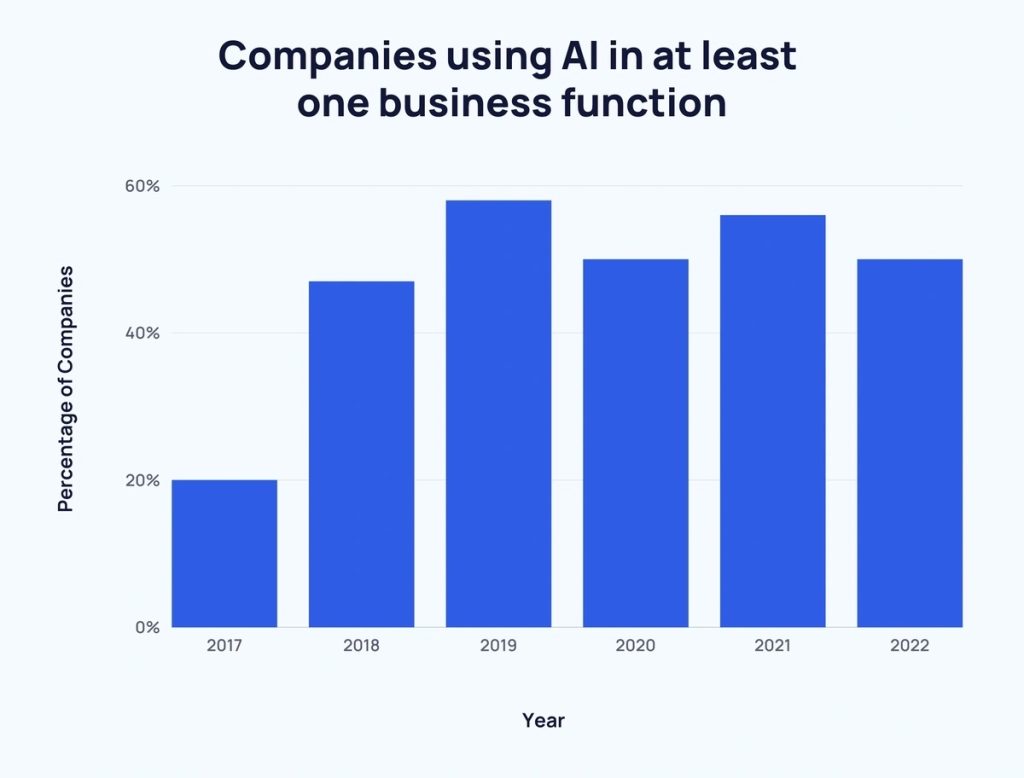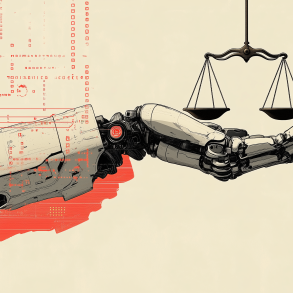The proliferation of artificial intelligence systems presents significant opportunities for financial services firms, according to industry executives. However, asset managers face higher stakes than other consumer-facing businesses due to their management of sensitive information.

AI systems might surpass humans in explaining recommendations like portfolio allocations or lending decisions to clients, suggested Zack Kass, a former head of business partnerships at OpenAI. Kass noted that people struggle to explain subconscious biases that can influence such decisions. “AI should make that a ton better. The problem is, if we’re not careful, it will just make it worse,” Kass said at an investor conference hosted by Morningstar in Chicago, where AI’s rise was a key discussion topic.
In theory, AI could streamline routine tasks such as filling out compliance forms or developing straightforward portfolios, allowing financial professionals to devote more time to human interactions or complex problems, according to investors and technology experts. “There are some things that the machines could smooth over, and then a financial adviser could spend more time servicing their client,” said Karen Zaya, a senior research analyst at Morningstar who tracks investment managers’ use of technology.
Zaya noted that the extent of human interaction with AI would vary. While AI-powered chatbots are now common for tasks like selecting an airline seat or checking a bank account balance, the variables are far more complex for tasks like planning investments for a retirement plan. “I don’t think that’s on the agenda for the industry right now,” Zaya said. “All these firms we’ve spoken with are being very thoughtful and careful in how they implement these things. They want to be very considered.”

U.S. regulators are soliciting public feedback on the use of AI by financial companies to promote inclusive and equitable service access. Treasury Secretary Janet Yellen recently warned that while AI could lower transaction costs, it also poses “significant risks.”
The rise of AI might tempt companies to cut jobs in areas like call centers or software development, but human workers will still be needed for more complex queries, said Margaret Vitrano, portfolio manager for ClearBridge Investments. “AI could be used to develop code, but that doesn’t mean you lay off all your developers. Maybe you use it to develop the first pass of code, and then you still need someone who’s sophisticated and knows code to look at it and say, let’s think about the user experience here,” Vitrano said.

Brenda Ingram, a financial adviser based in Chicago, expressed hope that AI systems could save time and reduce costs in preparing compliance reports. “The mundane, if you can get the AI to do it, I think we’re going to like it,” she said.









